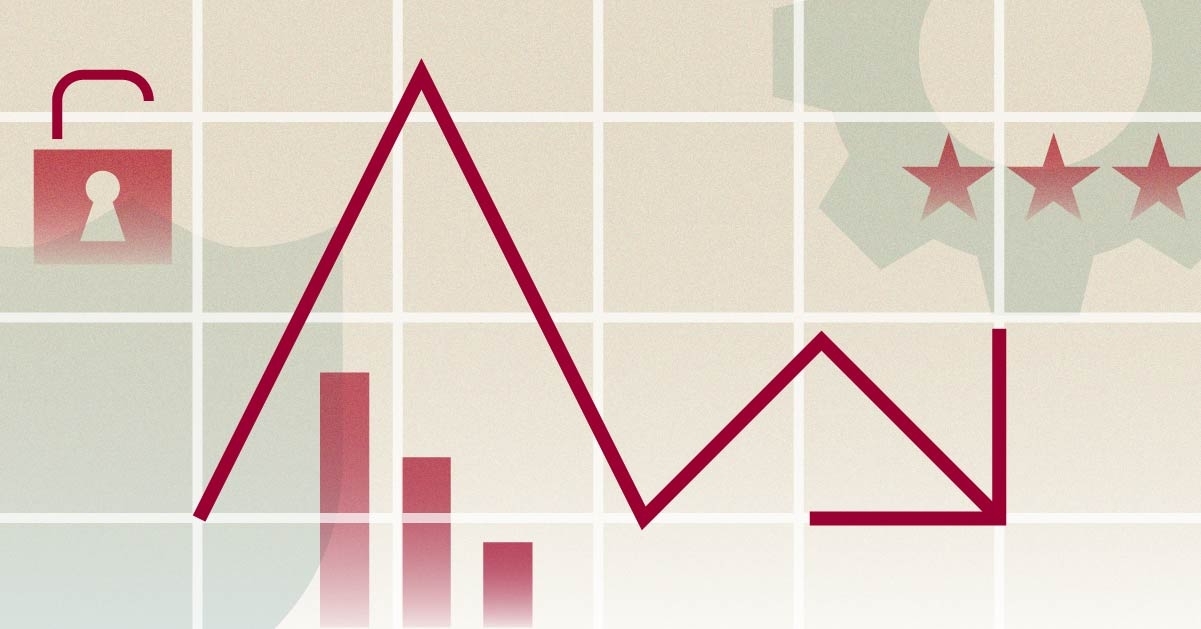![]() Royal Bank of Scotland (RBS) was the worst performer on the FTSE 100 on Thursday after the bank announced its worst annual loss since the government bail-out in 2008.
Royal Bank of Scotland (RBS) was the worst performer on the FTSE 100 on Thursday after the bank announced its worst annual loss since the government bail-out in 2008.
RBS posted a pre-tax loss of £8.2 billion in 2013, a substantial increase on the previous year’s £5.2 billion loss.
Shares in RBS dropped around 8% in morning trade, sliding to 325p. The British government paid an average of 500p per share when it bailed out the bank in 2008. Morningstar analyst Erin Davis values the stock at 370p on a long-term view.
“The selling pressure here this morning is immense,” said senior trader Marc Kimsey of Accendo Markets , “investors cannot get rid of their shares quick enough and traders are substantially adding to short positions.” Kimsey said that with the financial crisis so far behind us, it is concerning to see RBS still in so much trouble.
Writing in her investment thesis published ahead of today's earnings news, Davis said that deadlines set by the government for the running down of RBS assets and the setting up of an ‘internal bad bank’ would destroy shareholder value. Davis highlighted that management expected around £4.5 billion of related impairments in 2013. “This almost certainly won't be the end if it,” Davis wrote. “We think that the government will continue to push RBS into sub-optimal business decisions as long as it remains a majority shareholder, and perhaps longer,” she concluded.
Today’s results revealed £4.8 billion of losses related to the establishment of RBS Capital Resolution (RCR) and £3.8 billion in regulatory and redress provisions. Excluding the impact of the creation of RCR, the firm posted an operating profit of £2.5 billion, down 15% from 2012.
Read more on RBS results here.





























